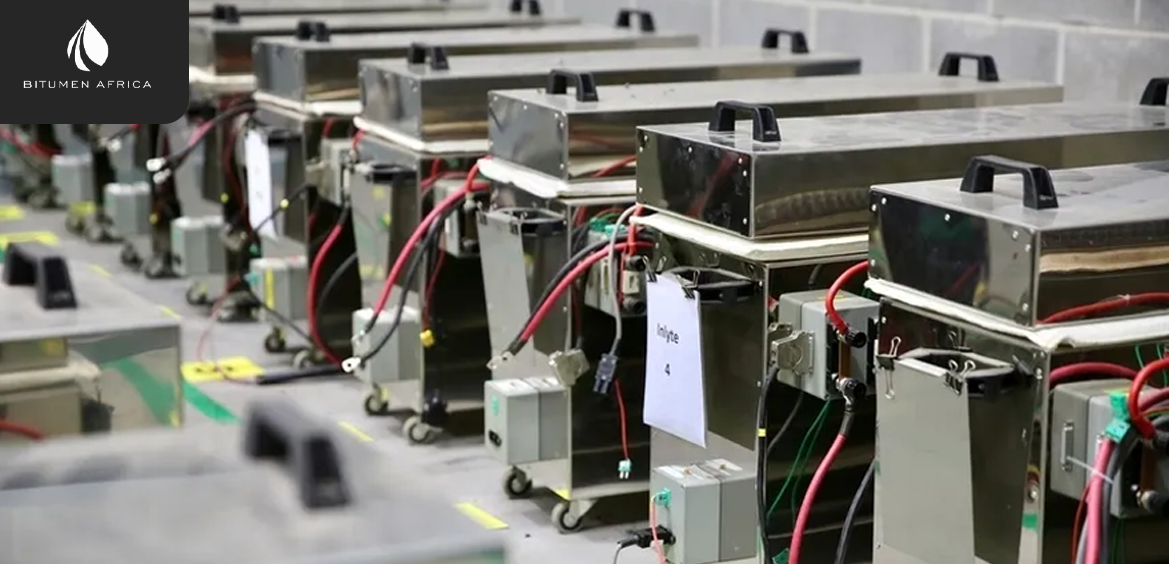As the world transitions to renewable energy, the demand for large-scale energy storage is rapidly growing. Currently, lithium-ion batteries dominate the market, but concerns over limited lithium supply and China’s control of critical minerals have prompted the search for alternatives. Antonio Baclig, a Stanford researcher, believes he has found a viable solution in iron-sodium battery technology—a concept rooted in 1970s research using common table salt. Unlike lithium-ion batteries, these batteries are made with abundant, low-cost materials and pose a lower fire risk due to the absence of flammable electrolytes.
Baclig’s company, Inlyte Energy, founded in 2021, aims to commercialize iron-sodium batteries for utility-scale storage. Partnering with the British company Beta Research in 2022, Inlyte developed a new ceramic-tube battery design that stores 20 times more energy than previous iterations intended for electric vehicles. The successful testing of a 100-cell module demonstrated the feasibility of the technology, allowing Inlyte to move rapidly from lab experiments to real-world application.
Inlyte has secured a major utility contract with Southern Co., which plans to install an 80-kilowatt/1.5-megawatt-hour demonstration project in Alabama by the end of 2025. This pilot will test the battery's long-term performance in the field before scaling up. Inlyte’s approach offers a cost-effective and safer alternative to lithium-based systems, which is particularly attractive in an economic climate increasingly focused on domestic supply chains and sustainability.
With \$8 million in seed funding and a new strategic partnership with Swiss company Horien Salt Battery, Inlyte is preparing to scale up production in its first U.S.-based factory. The company believes that once it reaches gigafactory-level output, its batteries will compete directly with lithium-ion in key applications like load shifting. By building on proven technology and minimizing risks, Inlyte is positioning itself as a serious contender in the race for reliable, affordable, and scalable energy storage.

